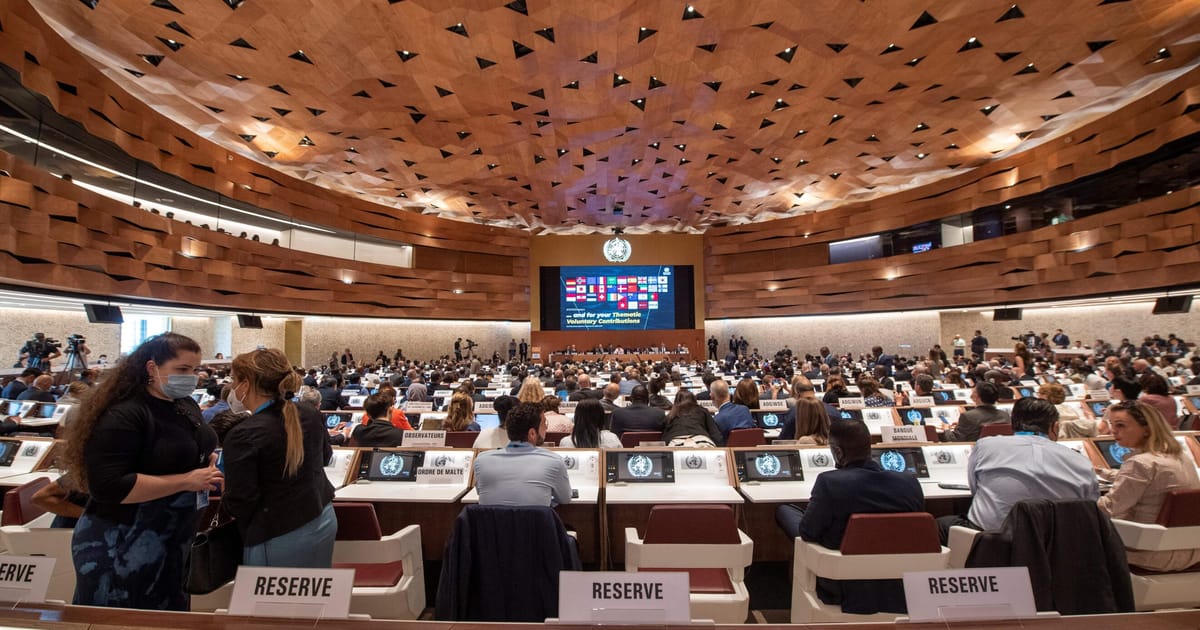
Countries trying to negotiate a new global agreement on combating future pandemics began bridging their differences Monday — but are facing a race against time to seal a deal.
The 194 nations in the World Health Organization are back at its Geneva headquarters for one last do-or-die round of negotiations — after a two-year effort to secure a landmark accord on pandemic prevention, preparedness and response overran last month’s deadline.
Issued with a new, slimmed-down draft text that kicks some of the tougher topics down the road, countries began going through its 37 articles in turn.
However, the handful of articles opened on Monday were still being negotiated as the day’s session came towards a close, with side discussion groups trying to come up with solutions.
“It’s going as was to be expected. Most member states indicated that with this new text, we are on the right track — but at the same time there are still a lot of things that need to be addressed,” talks co-chair Roland Driece told AFP.
“The process is very time-consuming and time is our biggest enemy,” the Dutch health diplomat said.
“There are outstanding issues which are complicated — but time is not our friend.”
Sting of Covid
The goal of the talks, which are lasting 12 hours a day and run until May 10, is to get an agreement ready for adoption at the WHO’s annual assembly of member states, which starts May 27.
In December 2021, the raw sting of Covid-19 — which shredded economies, crippled health systems and killed millions — motivated countries to seek a binding framework of commitments aimed at preventing another such disaster.
But big differences quickly emerged on how to go about it.
The main disputes revolve around access and equity: access to pathogens detected within countries; access to pandemic-fighting products such as vaccines produced from that knowledge; and equitable distribution of not only counter-pandemic tests, treatments and jabs but the means to produce them.
The new draft focuses on setting up the basic framework and pushes some of the trickier details into further talks running into 2026 — notably on how the planned WHO Pathogen Access and Benefit-Sharing (PABS) System will work in practice.
